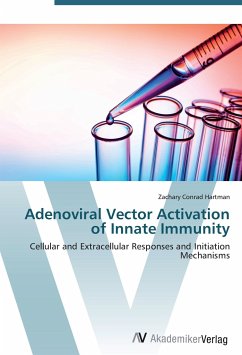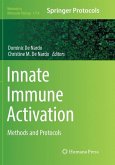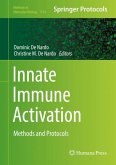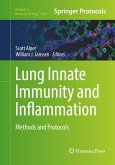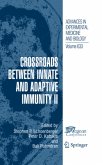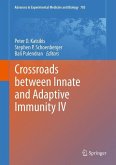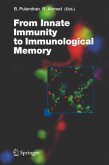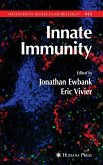Revision with unchanged content. Despite widespread functional prominence and utility, modified adenoviruses have yet to prove efficacious as clinical therapeutics in the United States. Extensively characterized, modified, and employed in a multitude of clinical trials and basic research approaches over the past 20 years, adenoviral vectors have fallen short of their promise of achieving clinical efficacy in gene therapy, vaccination, and immunotherapeutic approaches. While this lack of success could be attributed to many causes, the innate immune response to adenoviral infection remains one of the most prominent obstacles to efficacious adenoviral use today. This study summarizes some recent work, using in vitro and in vivo systems, that identifies the particular innate immune responses adenoviral vectors elicit. Additionally, this work highlights some recent advances that have been made in identifying gene families and factors responsible for these responses. This book is addressed to scientists, re searchers, and medical professionals using adenoviral vectors for therapeutic means as well as researchers using these vectors as gene transfer vehicles for basic science applications.
Hinweis: Dieser Artikel kann nur an eine deutsche Lieferadresse ausgeliefert werden.
Hinweis: Dieser Artikel kann nur an eine deutsche Lieferadresse ausgeliefert werden.

